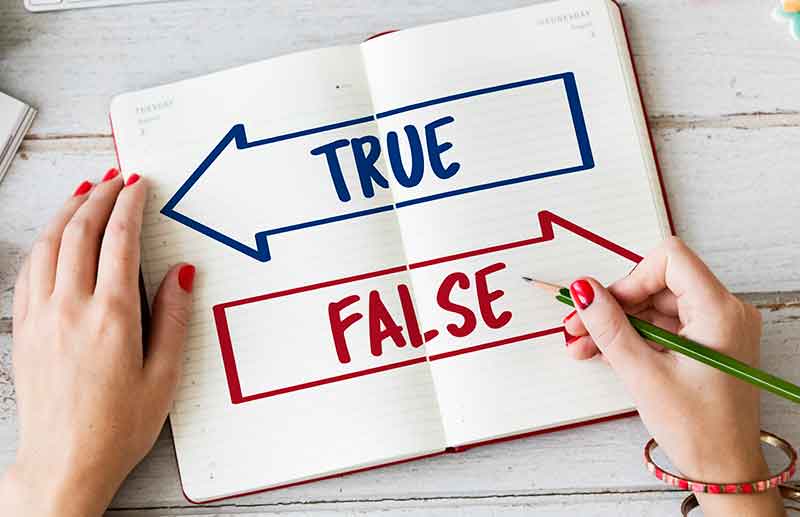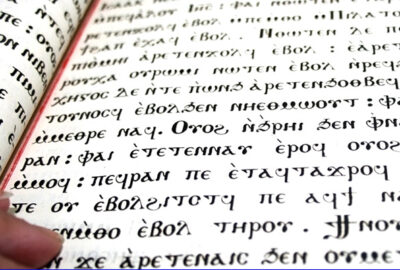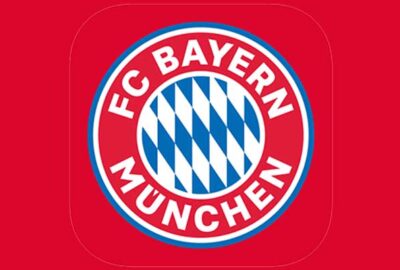True/False Test Taking Strategies
Although most understudies favor true and false inquiries, these questions can be interesting. The accompanying methodologies will improve your capacity to answer actual/wrong/questions in sport accurately:
Treat every assertion as though it were true
Treat every assertion as though it were true and then, at that point, decide whether any piece of the report was false. Only one wrong part in the articulation will offer the full expression of terrible.
For a sentence to be accurate, each part should be “right.”
The sentence might appear right from the start since it contains proper realities and information. Be that as it may be, if by some stroke of good luck one piece of the sentence is false, then entire sentence is false. A penalty might be actual generally because it contains the correct data at the end of the day and is wrong if it includes any mistaken data.
Focus on the “Capabilities.”
Peruse the inquiry cautiously and search for capabilities or catchphrases that signal the correct response. word qualifiers, for example,
- Some of the time
- Barely
- A bit
- Continuously
- All
- generally
- Frequently
- Begin
- By and large
- As a rule
Confine or open opportunities for offering precise expressions. More unobtrusive terms, for example, “in some cases, frequently, many, scarcely any, as a general rule, and so on,” are bound to mirror a correct sentence, sentence, or reply. More severe terms, for example, “consistently” or “never,” frequently echo some unacceptable assertion, correction, or reply.
Try not to let the “negatives” befuddle you
Negatives, for example, “no, no, you can’t,” can be confounding in that frame of mind of a true/false sentence or proclamation. If a true/false sentence contains a negative sentence, drop the negative word and then read the rest. Without the refutation, state whether the sentence is true or false. If the sentence (without the negative) is true, the correct response will be “false.”
Watch for phrases with twofold negatives
Phrases that contain: two positive or negative words. For instance, “The vehicle will probably not come out on top in the race.” It is equivalent to ‘The vehicle will probably come out on top in the race. It incorporates negative words no and can’t alongside words starting with the prefixes dis-, il-, im-, in-, or-, non-and un-.
Focus on “outright” capabilities.
As we’ve proactively examined, classifiers open up or restrict the opportunities for an assertion to be true or false. Outright capabilities, for example,
- All
- Continuously
- Begin
- Totally
- Totally
- Better
- Most terrible
- Nobody
- By any means
Which doesn’t permit exemptions implies that the assertion should be valid without fail. Much of the time, proclamations with outright determinants are false.
Cautiously analyze long sentences and expressions
Long sentences frequently contain gatherings of words and expressions isolated or organized by accentuation. Peruse each group of words and each presentation independently and cautiously. Assuming the mass of words or phrases in the proclamation is false (regardless of whether the rest are proper), then, at that point, the whole assertion is wrong, and the response is “false.”
Make a ballpark estimation
If it doesn’t adversely influence your score, and you don’t know of the response, make a ballpark estimation. You have 1 of every two possibilities being correct. Notwithstanding, honestly, true/false tests frequently contain more right answers than wrong ones. So if you’re not precisely sure, surmise “right.”
More comprehensive information might be off-base
The more extended a proper/false explanation is, the more probable the proclamation will be incorrect. Recall that it just takes one piece of an assertion to be wrong to offer the whole expression false. The more drawn out the report, the higher the opportunity of one section being incorrect.
Cause proclamations will quite often be incorrect
Questions that express an explanation will quite often be off-base. Words that incorporate ‘due to, cause, since, and so forth frequently allude to an assertion of because.’
Take as much time as is needed
Before tending to even one true/false inquiry, investigate the real test to perceive the number of questions right there. On the off chance that the test has 60 accurate/inaccurate searches, and you have a period cutoff of 60 minutes, you should spend something like one moment on each inquiry. While specific questions demand more investment than others, recollect that you can’t invest a ton of energy responding to any one inquiry.
You’ve seen those true or false quizzes on Facebook and other websites. They’re usually about things like history or pop culture. But what about the sports? Can you separate the fact from fiction when it comes to sports?
Test your knowledge with this true or false sports quiz. See how many you can get right!






